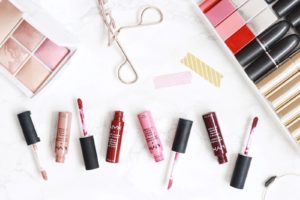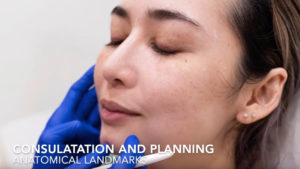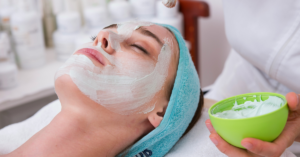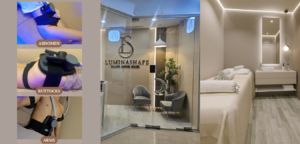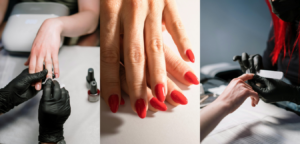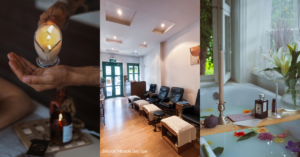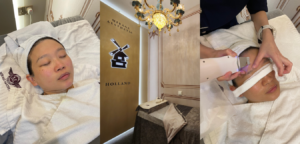Uncategorized
Skin Reactions After a Facial: What’s Normal, and What Needs Attention ASAP
We all expect our skin to look extra fresh and glowy after a facial. But what if you look red...
By: Dedet Panabi / March 2, 2020
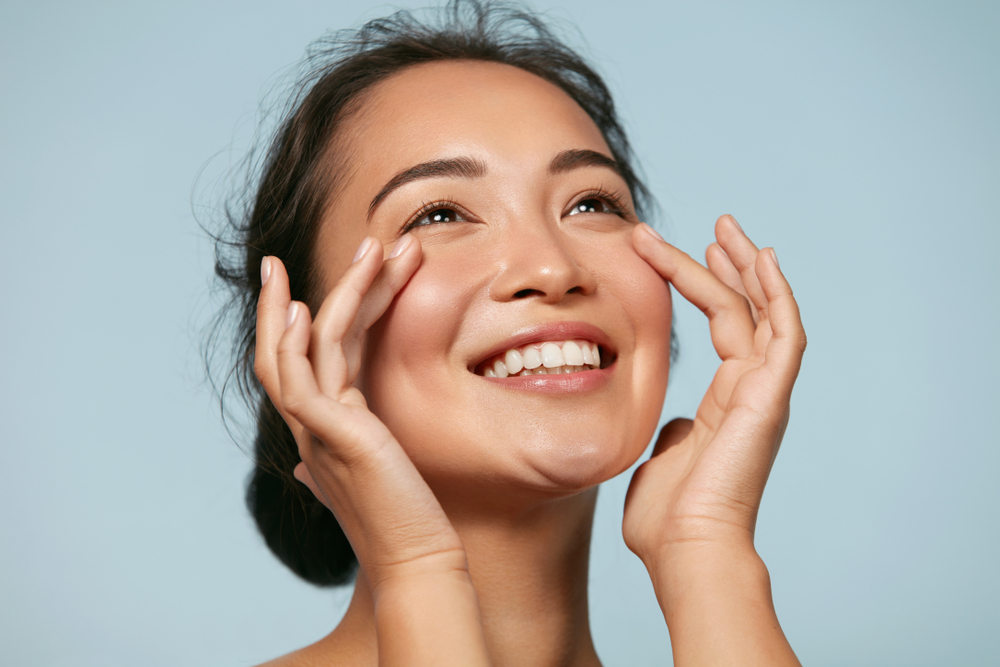
We all expect our skin to look extra fresh and glowy after a facial. But what if you look red instead of radiant? And are those breakouts a sign that you’re skin is purging out toxins, or a red flag that you’re allergic to one of the ingredients? Here’s what you need to know about how your skin can react after a facial.
Contents
Is it normal for skin to look red after a facial?
It depends on what kind of facial you got, says aesthetician Cindy Lawes. If your facial was meant to soothe and relax, then your skin shouldn’t look red or blotchy. However, redness is normal after skin exfoliation or blackhead or whitehead extractions, skincare devices (laser, infrared light, or handheld tools that stimulate circulation).
People with very fair skin or sensitive skin may also experience more redness. Lawes suggests using very mild skincare products a few days after your facial. Avoid AHAs, BHAs and other skin acids, and stop using retinoids at least 3 days before and after your treatment.
Also, ask your facialist or aesthetic doctor how long it will take for redness to subside. It can take anywhere from a few horus to a couple of days for your skin color to return to normal, depending on what kind of treatment you got. If you’re getting a facial to prep your skin for a big event, do inform the spa or clinic ahead of time. For example: “I’m going to a wedding next Saturday. Will my skin look okay by then?” They’ll be able to recommend the best facial for your skin issue – and your schedule!
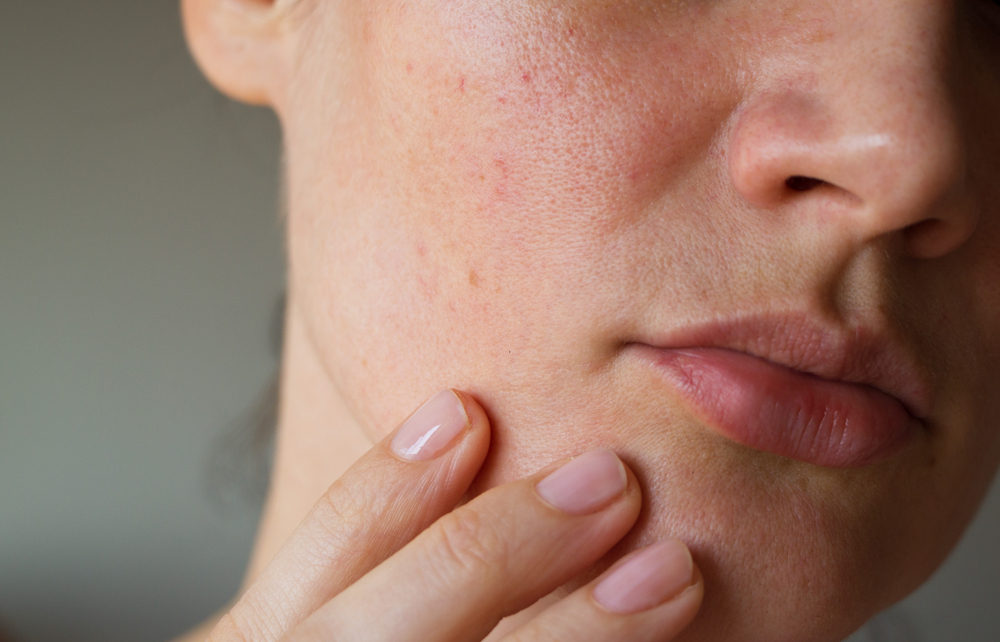
Why does my face sting when I go out in the sun?
Many facials will make your skin more sensitive to the sun. For at least a week, avoid direct exposure to harsh sunlight (especially from peak hours of 10 am to 3pm). Use a sunscreen that’s at least SPF 30 and has both UVA and UVB protection.
This is especially true for exfoliating treatments that focuses on the skin surface – chemical peels, facial scrubs, dermarollers, etc.
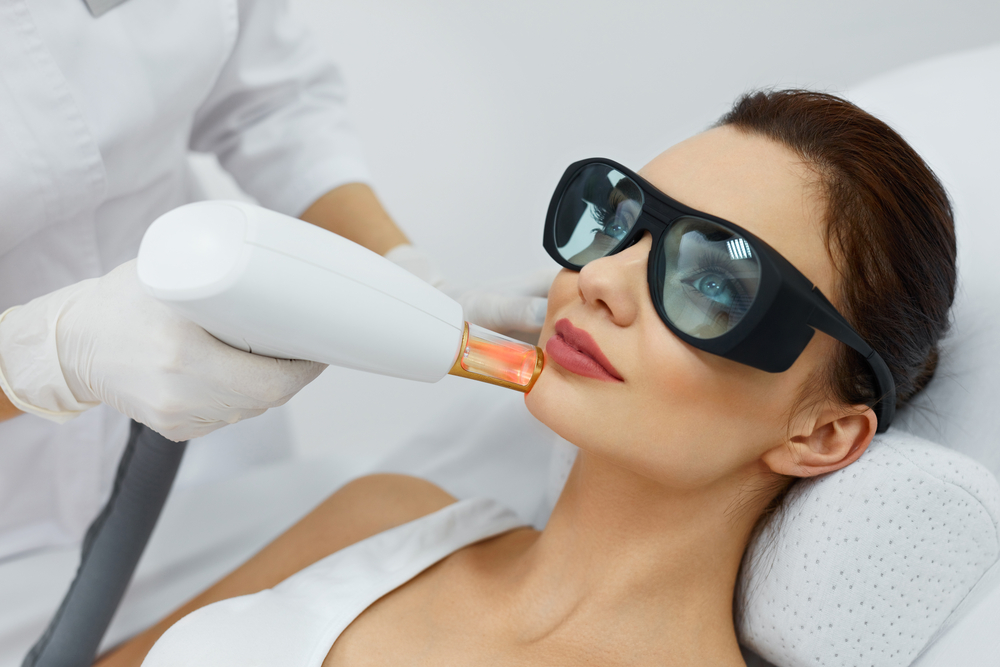
How long will pain/discomfort last?
Some facial treatments — like chemical peels, laser resurfacing, microneedling, or deep extractions — will make your skin feel warm or sore. However, if the stinging and burning sensation continues even after your treatment, or is unbearable during the treatment, then you may be reacting to an ingredient.
That’s why it’s important to be honest with your aesthetic doctor or facialist. “If you have any of these reactions, speak up so they can adjust machine settings, or spend more time soothing or calming your skin. They can also recommend something you can use at home, to manage discomfort and reduce redness,” says aesthetician Elizabeth McArthur.
Typical soothing remedies include numbing creams, over-the-counter pain relief, and natural remedies like rubbing an ice cube on your face. However, don’t just focus on relieving the pain — try to understand what caused it. Ask your facialist or doctor if these side effects are normal, and take personal note of how your skin felt/looked. It can help you understand what particular plant extracts you’re sensitive to.
“Over time, I realize that tea tree oil, lavender oil, and sugar scrubs really don’t work for me. It’s helped me pick both skincare products and spa and facial treatments,” says Cecilia Hernandez. She says they’re not bad, but they’re just not compatible with her skin. “Sometimes pain is a way for your body to tell you,’I don’t like this.’ Listen to it!”
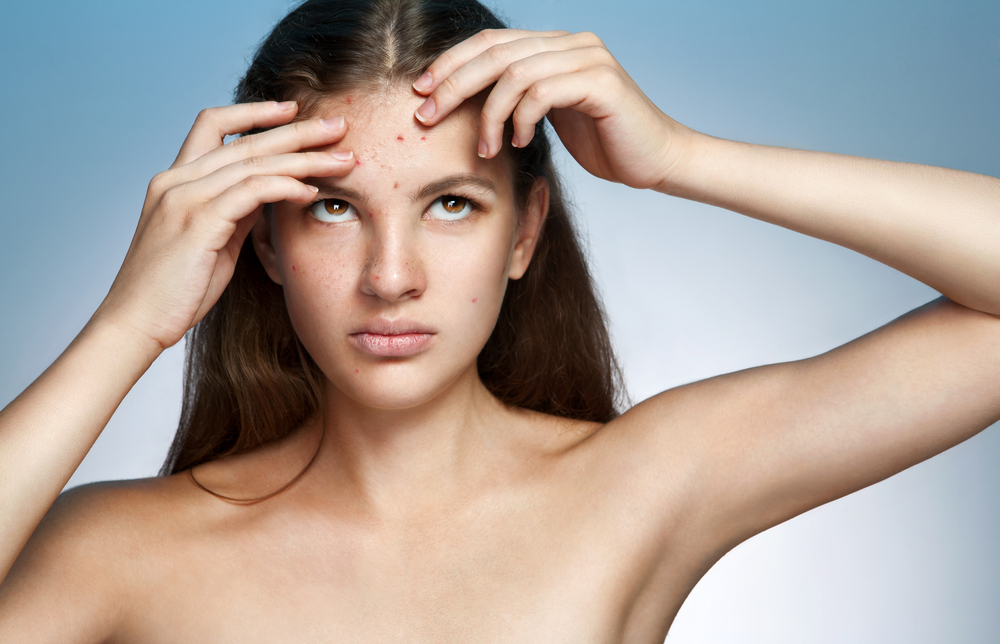
Why am I getting more pimples after my facial?
If you had a detox treatment or an extraction that clears your pores, then do expect your skin to act up in the next few days. Your pimples may feel sore, the treatment areas will be red, and it may take time for infected acne to heal. It’s also common for new pimples to appear in the hours or days after your facial. “This doesn’t mean that you got a bad facial —it actually means that you successfully pulled out deep-seated dirt or impurities,” says Hollywood facialist Sasha Gevine.
However, be wary if your skin reacts this way to a facial that uses plant extracts and is meant for other skin care issues like anti-ageing or rejuvenating. “Just because an ingredient is natural doesn’t mean that it’s hypo-allergenic, non-comedogenic, or safe for your skin. You can be sensitive to some plant extracts, and heavier oils can clog pores,” says dermatologist Dr. Suzy Yang.
She adds that if you have sensitive or acne-prone skin, it’s best to take the philosophy of “Less is more.” The more plant extracts, fragrances and additives in a facial treatment, the higher your chances of a skin reaction. “Always ask what they are using on your skin. Some signature treatments will just say that they are using a customary blend of essential oils, but if you have problematic skin, it’s really important to know the ingredients and take note of your skin’s reaction to it.”
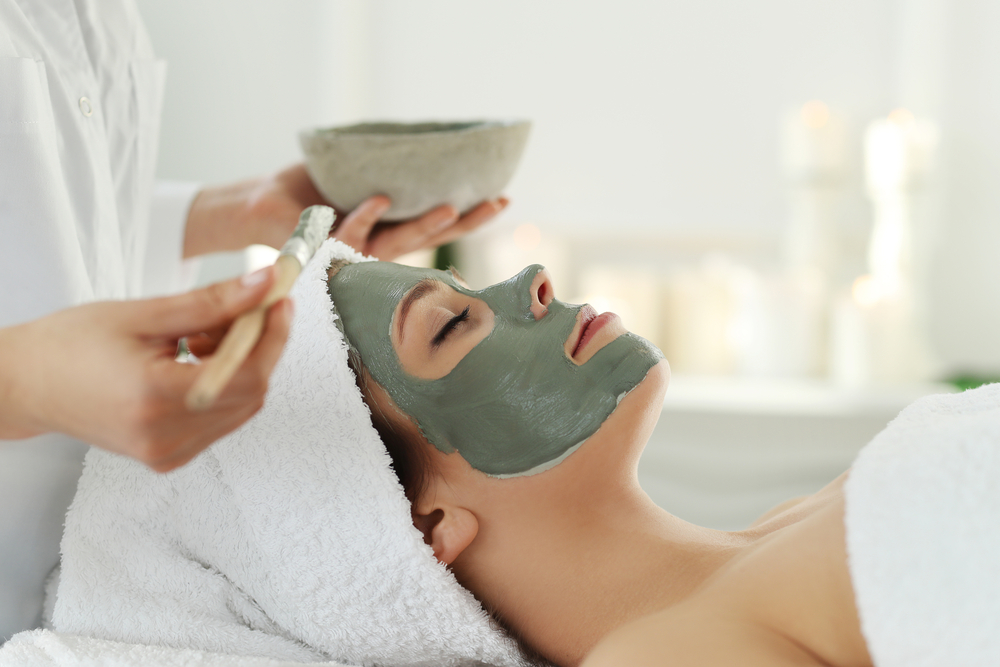
How can I avoid skin reactions after a facial?
First, never stress out your skin by trying too many new products or treatments at the same time. Skincare is always about balance. If you’re using very strong skincare products, switch to a simple routine before any major clinic treatment.
Second, never overdo things. If you had an exfoliating treatment, then temporarily stop using other exfoliating skincare products. If you had a spa mask, then watch your skin’s reaction before using a sheet mask.
Third, ask for post-treatment instructions and follow them! For example, you may need to avoid wetting your face or using makeup for a few hours – or in some cases, a few days.
Don’t be shy about telling your doctor or facialist about your daily skincare routine and asking what you need to change in the next few days. Habits or gadgets you take for granted — like your Clarisonic, or the high-concentration Vitamin C serum — can affect your skin’s reaction.
“People think that they don’t have sensitive skin, but sensitivity is a spectrum. Some things can increase your sensitivity, and a combination of factors can trigger reactions even if you have never had any before,” says dermatologist Dr. Jerry Samson.
He adds that professional skincare experts will actually appreciate your honesty and take time to address your concerns.




